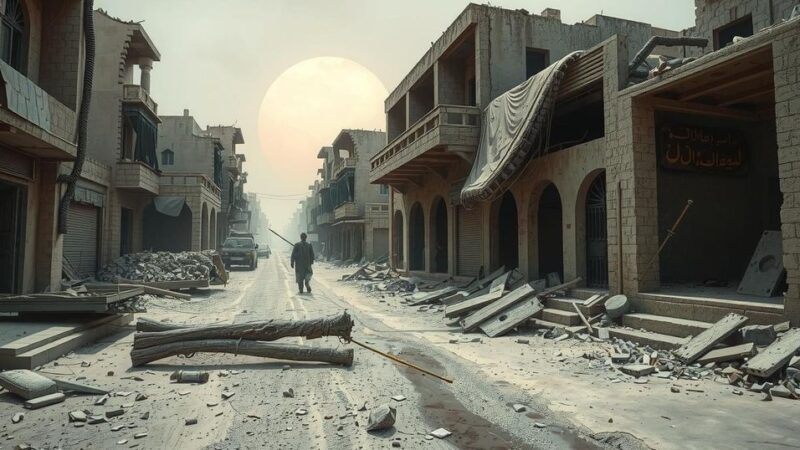Direct peace talks between the Democratic Republic of Congo and M23 rebels are set to begin on March 18 in Angola, aimed at establishing a ceasefire amid escalating conflict. The Congolese government has been hesitant to engage, while M23 claims they have necessitated negotiations. The conflict has caused significant casualties and displacement, raising concerns of a wider regional war.
On March 18, direct peace talks between the Democratic Republic of Congo and M23 rebels will commence in Luanda, Angola, as confirmed by the Angolan presidency. Angola is taking on the role of mediator in an effort to establish a long-lasting ceasefire and reduce tensions between Congo and Rwanda, which has been accused of supporting the M23 rebel group—a claim that Rwanda denies.
Angola’s intention to facilitate these discussions was declared recently, amidst Congo’s government’s prior refusal to engage with the M23. Although the Congolese government noted Angola’s initiative, they have not definitively confirmed participation in the talks. Tina Salama, spokesperson for President Felix Tshisekedi, acknowledged receipt of the invitation without further commitment.
M23 leader Bertrand Bisimwa has expressed confidence, stating that they have compelled Tshisekedi to negotiate, labeling these discussions as the only viable pathway to addressing the escalating crisis, which has rapidly intensified since January. The rebels have gained control of two major cities in eastern Congo since this escalation began.
The ongoing conflict, which has historical ties dating back to the aftermath of Rwanda’s 1994 genocide, has reportedly resulted in over 7,000 fatalities and displaced approximately 600,000 individuals from their homes since November, according to the UN. Concerns are rising about potential regional war as neighboring countries like South Africa, Burundi, and Uganda have deployed troops to East Congo, echoing the devastating Congo wars of the late 20th century.
Eastern Congo is richly endowed with essential strategic minerals, including coltan, cobalt, copper, and lithium, critical to global advancements in technology and green energy initiatives.
In conclusion, the forthcoming peace talks in Angola represent a significant opportunity for the Democratic Republic of Congo and M23 rebels to potentially de-escalate a dire situation that has resulted in considerable loss of life and displacement. The involvement of regional mediators like Angola highlights the urgency of resolving a conflict deeply rooted in historical grievances and competition for valuable resources. It remains to be seen whether these discussions will yield a meaningful and sustainable cessation of hostilities.
Original Source: sightmagazine.com.au






